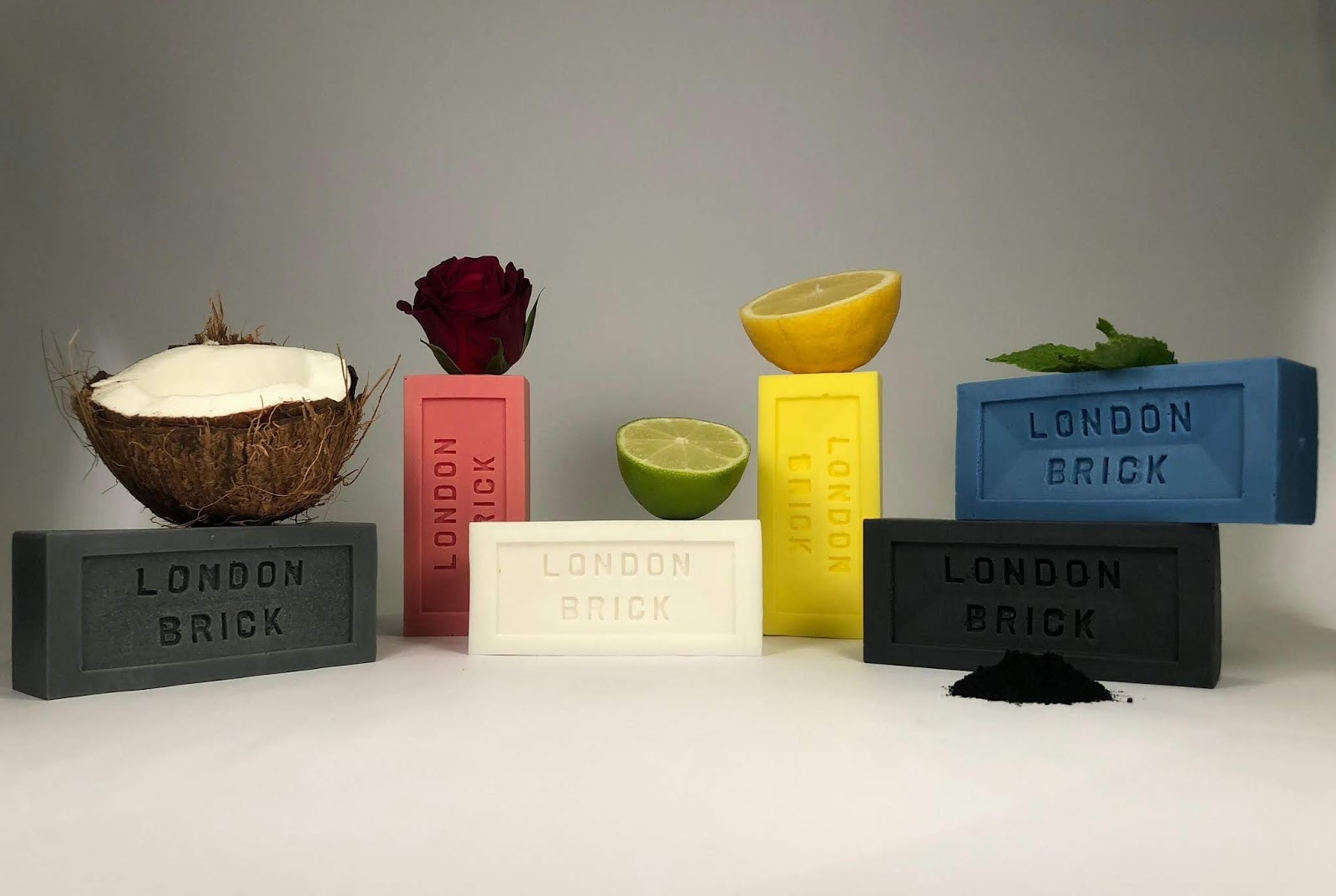I was walking through Portobello Market one afternoon and glanced a guy sat behind his table under the white tarpaulin by the Westway, with his arms folded and a look of contentment like he was just where he needed to be. All around him were tables laden with vintage jewellery, hats, CDs, and military uniforms mishmashed together. This guy was selling just one thing: metal alphabet letters.
There was something really comforting in this and the image stuck in my head. Imagine being a kid at school and answering ‘he sells metal letters’ when asked what your dad does. It’s a little different from the answers of ‘policeman’ or ‘fireman’ or ‘doctor’ that the children’s books of my youth seemed to think were the professions that everyone’s dad does. This guy, he just did the one thing.
 |
| Photo by Bench Accounting on Unsplash |
Do you ever open the bin lid and throw in an object, and think ‘Oh, shit’ as the bin lid closes? What happens to the objects I throw away? Not all of them can be recycled so does that mean that these are going to be buried in a landfill site somewhere for a future generation to deal with? It’s a bit overwhelming and I often get a pang of guilt that no matter what I’m doing, it isn’t enough. Environmental factors can seem so huge and so unattainable that I feel the topic is unapproachable.
This idea of doing one thing in a world of bombardment got me thinking about other companies that primarily sold one product. I was intrigued and wanted to know more, and sent off a couple of emails to a few business owners of single product businesses that I had found on Instagram. Happily, I got a couple of emails back and Billy Field of brick sixty, who sells soap bars, and jeweller Polly Collins, who primarily sells jewellery with a single face motif, agreed to chat and answer my questions.
One of the interesting things that came out of these conversations was the positive but unintentional outcomes that come from adopting minimalism. Polly Collins is a trained silversmith who runs her jewellery business part-time alongside her full-time job, where she’s an apprentice shoemaker at an ethical shoe company. She told me that being eco-friendly wasn’t the main consideration in running a single product business but was actually a factor that had become part of everyday decision making, a subconscious motivator.
 |
| Photo by Omer Lotan, courtesy of Polly Collins |
Her workshop creates very minimal waste and she can easily work out what she needs to make her products. This is linked to her day job, too, where material choice and reducing waste are important considerations. As the first generation to have grown up without council-collected recycling bins and to have adopted it as part and parcel of everyday life, perhaps making decisions with sustainability in mind has become so normal that it’s not obvious as an external motivating factor.
Billy Field of brick sixty has an engineering background. He’s ‘always been interested in construction and materials, but then also the stories that go behind the materials you use in engineering and design.’ He has learned more about the stories as he’s worked on projects in his engineering day job and enjoys ‘embedding these stories in the soap bars.’
The original London Bricks were made in a sustainable way with clay dug up from the same site where the finished bricks would be fired in a kiln, Billy says, and this sustainability is important to Brick Sixty. A long trial and error prototyping process led him to decide on the soap bar as his first product, and there is now very little waste created in the production of the soap bars. Their ingredients are all sourced from the UK in a bid to keep travel distances down: ‘the stickers are made in Doncaster, the boxes in Manchester.’ Sustainability is at the core of the business growth as well, with the desire to do one thing well before expanding.
 |
| Photo courtesy of brick sixty |
Perhaps, then, there is an issue in our fatalistic all-or-nothing determination of what is environmentally friendly. Although daily recycling is ingrained as part of our psyche, we still see ‘environmentally friendly products’ as a whole, often characterised by hemp or being second rate, rather than seeing environmental factors as being an acceptable added benefit to our everyday habits.
Spending your money with single product businesses seems a good place to start. Products made by a small business often produce little waste, as they only purchase what they need due to economic considerations. This means the products are thought out and made by hand by individuals. Purchasing products intentionally in this way allows us to be part of that sustainable production chain, and means we produce little waste by buying individual products that we like and need. We make a decision each time we make a purchase. It seems to me that making good choices is a good place to start a sustainable lifestyle.